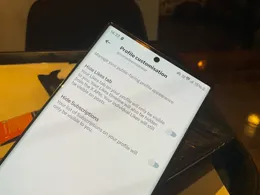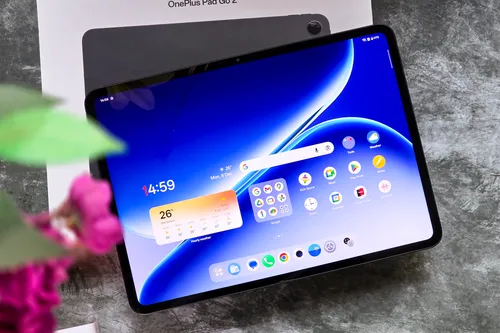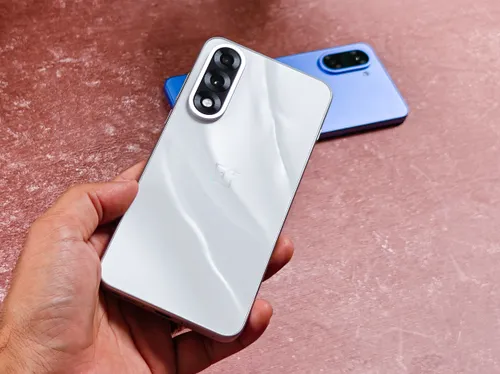
Alexa is getting a glow-up, fr fr, thanks to ChatGPT-like lewk
Amazon's not-so-smart smart assistant is finally moving out and getting ready to face the real world with generative AI capabilities. But it's new-found intuitiveness and ingenuity may cost you some bucks.

WhatsApp now lets you pay with bank cards and UPI apps of your choice
WhatsApp wants to be the app where you talk shit and pay for shit. It doesn’t matter where the dough comes from.

Broken iPhone 15 Pro shells are far cheaper to fix, but camera repairs get pricier
If you live a particularly luxurious techno-hedonistic life and get yourself the iPhone 15 Pro Max, the camera repairs will cost you more. Upgrades, baby!

Another study says video gamers are normal, not slouching psychopathic snackers
A majority of gamers were found to maintain a healthy workout lifestyle with no addictive snack habits, and definitely no serial killer traits.

You can now hide your dirty, thirsty likes on X
Likes have exposed a healthy bunch of holier-than-thou, men. If you pay for a blue check on X, you can now hide your saucy likes, too!
Google Search could be smothering your creativity
A Carnegie Mellon University study reveals starting your brainstorming process with Google can be detrimental to the group's creativity.
Teams relying much on search engines often produced inundatingly same, less original ideas due to a cognitive bias called "fixation effect," where seeing popular answers converges our thought process instead of diverging it.

While individuals weren't necessarily dumber with Google, groups of Google users seemed to get stuck in a rut, often coming up with the same common ideas, sometimes even in the same order! Talk about a copy-and-paste creativity crisis.
"This appears to be due to the fact that Google users came up with the same common answers, often in the same order, as they relied on Google, while non-Google users came up with more distinct answers," explained lead author Danny Oppenheimer.
EDITORS' PICKS



